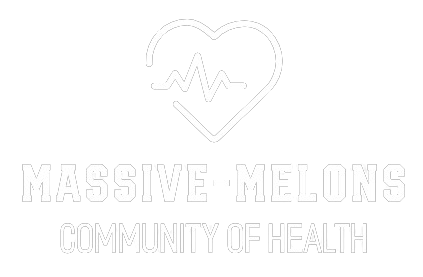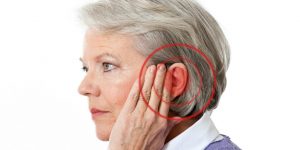Clinical trial is not the only way to get rid of alcohol abuse. There are different ways to help an alcohol addict.Click here for drug rehab.
Unique ways to get rid of alcohol abuse
Let us talk about unusual ways to get rid of alcohol abuse. Visit this site for drug rehab.
Communication to treat an alcoholic
For most alcoholics, one of the biggest obstacles to achieving sobriety and improving relationships will be the problem of communication, which has not existed while drinking. Complaints and small feelings not communicated may gradually begin to grow into problems without solution. Moreover, family members may be making mistakes by not communicating about what they feel for thefear that they may influence the alcoholic’s sobriety.
We have to take into account some bad communicative styles that should be avoided in the future:
- Do not listen or pretend that the speaker is being listened to (the husband watching television or reading the newspaper while his wife is speaking to him)
- Prank serious problems, (the wife can laugh or make jokes while her husband complains about his work problems)
- Avoid clashes to apologize and / or appear hopeless or depressed. This means that family members do not show their anger responses and therefore never face the problems. (The wife crying when her husband complains loudly of lack of affection and affection)
- Avoid discussing important issues through attacking with anger and blaming others (the husband screaming and arguing when his wife sits down to discuss her children’s school grades).
- Don’t speak clearly, giving answers that don’t have much to do with what you ask. (The husband talking between his teeth and not expressing what he feels when his wife and children are looking for some kind of suggestions to paint the house)

Help for alcoholism: how to treat relapses
Understanding the relapsing symptoms is important. It is important for the whole family, including the alcoholic, to recognize how they can react before or immediately after relapse happens:
- There are many signs that indicate that the person may be thinking that a drink may be good, help or be necessary.
- He or she may try less to carry out or try new alternatives or even expect them to work.
- He or she may seem calmer or more reserved than normal. They may be “bottling” their feelings again.
- He or she may talk about the positive effects of alcohol, forgetting the negative consequences of drinking.
- They may not become aware of the gains of sobriety and begin to think that they can control their way of drinking and therefore drink again.
- He may become less active and forget about his responsibilities within the home and family.
- They may begin to frequent their old drinking places and their latest “wandering companies.” Some assume very few responsibilities.
- You may become irritable or have sleep problems.
- He may even feel sorry for himself developing the well-known case of the “poor me.”





















